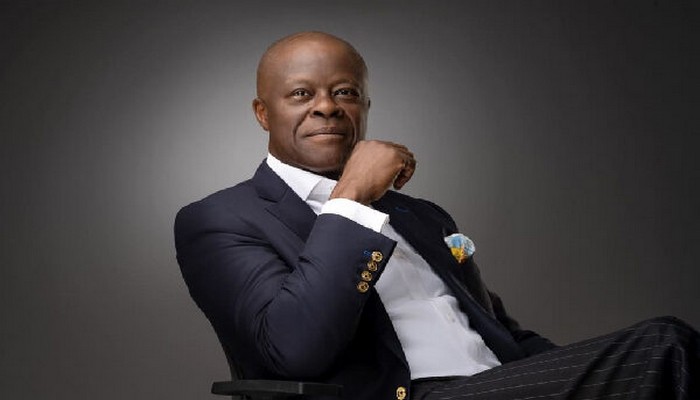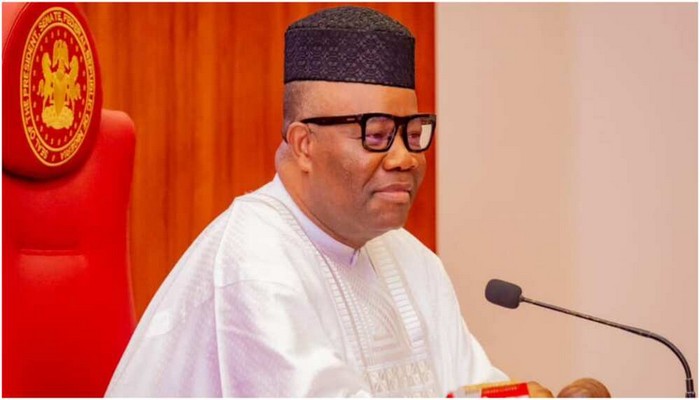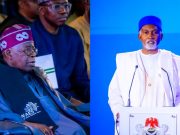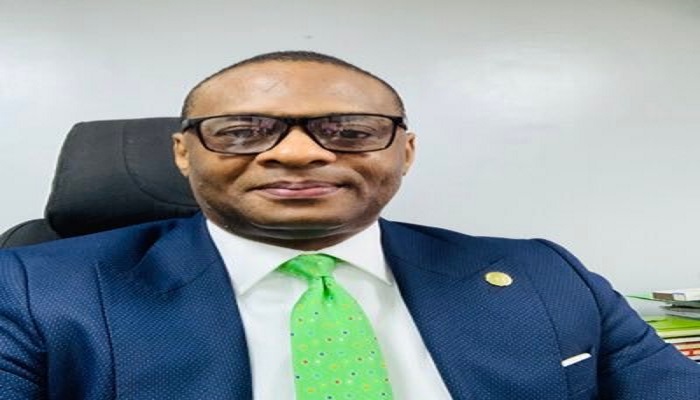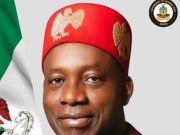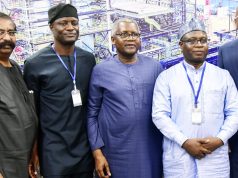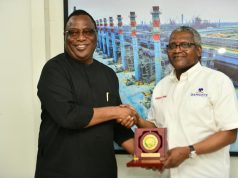The telecommunication sector contributed N8.6 trillion to the economy, a report released by a civic technology organization, BudgIT Nigeria, has revealed.
The report titled: “Operational and Fund Management Analysis of the Universal Service Provision Fund (USPF)”, showed that Nigeria’s e-commerce sector would grow by N15.5 trillion in the next ten years.
The USPF was established by the Federal Government in 2006 to facilitate the achievement of national policy goals for universal access and universal service to information and communication technologies (ICTs) in rural, un-served and under-served areas in Nigeria.
The Fund is being managed to facilitate the widest possible access to affordable telecommunications services for greater social equity and inclusion for Nigerians.
According to the report, investments in the telecommunication sector had grown since it was liberalized in 2000 by the government of former president Olusegun Obasanjo.
For example, the report noted that investments in the sector rose from $50million in 1999 to approximately $6bn in 2004.
It added that the increased investment and the GSM revolution also impacted the internet subscription positively with 100.9 million Nigerians been active internet subscribers as at February 2018.
The report reads: “The rapid expansion of the Nigerian mobile telecoms industry at the turn of the century, due to the proliferation of the internet, computers, smartphones, social media and advancement of digital censors technology, is pushing up the volume of data generated, and increasing the need for planning and decision making.
“As at the end of 2017, the telecoms and information service sectors’ direct contribution to Africa’s largest economy was approximately 8.7% or N8.6tn.
“After the full liberalisation of the telecommunications market in 2000 and the successful auctioning of the 2G Digital Mobile Licenses in January 2001- with a total of four GSM licenses issued – the sector effectively took off.
“Investment in the sector more than tripled, rising from $50million in 1999 to approximately $6bn in 2004. As at 2017, Nigeria’s telephone penetration had 145 million subscribers, down from its historical peak of 154 million in 2016 but astronomical still when compared with 10.2 million subscribers in 2004.
“The increased investment and the GSM revolution also impacted the internet subscription positively. As at February 2018, the total number of internet subscribers in Nigeria was 100.9 million. However, only 22% of internet subscribers enjoy broadband speeds.”
BudgIT’s General Manager (Operations), Gabriel Okeowo, who spoke to reporters on the sideline of the 2018 Internet Freedom Forum in Abuja, said the telecom sector remained one of the sectors that is contributing hugely to Nigeria’s economy.
“The telecom sector is a sector that is contributing hugely to the economy of Nigeria. That figure you quoted is considering the number of workforce, citizens the telecom industry is absorbing in to give them jobs.
“It looks at how much Nigeria is expending on phone calls, how much Nigeria is expending on data services. All of that when you put it together, today, telecom is contributing that much to the country.”
Also, its Program Manager for Tracka, Mr. Uadamen Ilevbaoje, noted that tracking ICT projects under the USPF remained a major challenge for the organization.
According to him, most of the USPF projects are not specified while lawmakers hijack some of them.
He called on the government to specify its ICT projects in order for Nigerians to track them.
Mr. Ilevbaoje said: “By government not specifying the projects, lawmakers hijack it and exploit the project by appropriating the funds and USPF does not follow it up.”








